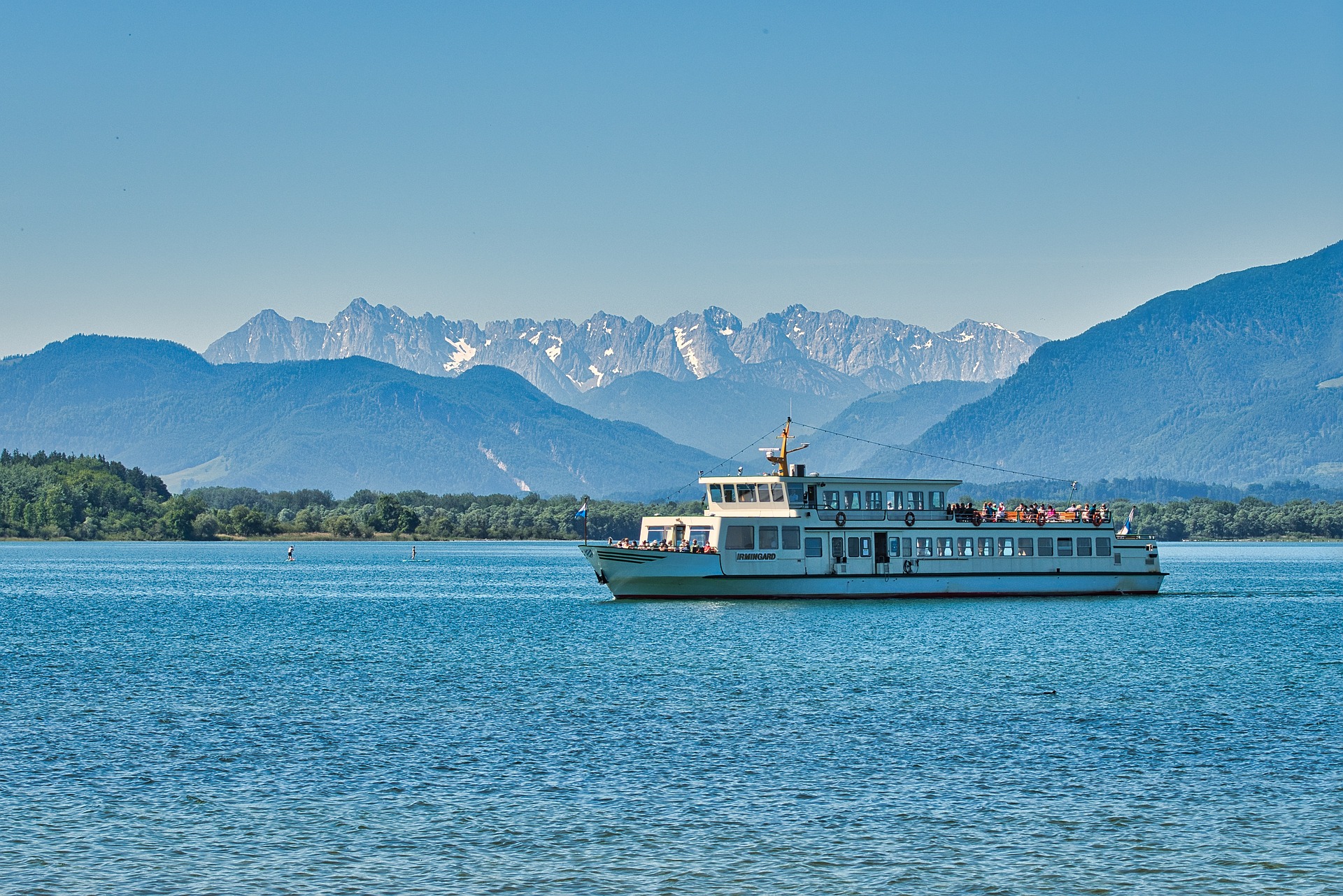Unraveling the Mystique of Dark Tourism: A Tale of Thrills and Reflection
Dark Tourism, a term coined by John Lennon and Malcolm Foley, professors at Glasgow Caledonian University, refers to the act of visiting sites associated with death, tragedy, or disaster. In the past, such a practice was seen as macabre, but it's increasingly becoming a popular trend among travelers seeking unique experiences and a deeper understanding of historical events.

Dark Tourism: A Historical Perspective
The roots of Dark Tourism can be traced back to medieval times when public executions attracted crowds of onlookers. In the modern era, dark tourism has evolved to include visits to war memorials, genocide sites, and haunted locations. From the somber grounds of Auschwitz, the haunting remnants of Chernobyl, to the eerie silence of the 9/11 Memorial, these places offer a stark reminder of our past and serve as testimonials to human resilience.
The Rising Wave of Dark Tourism
In recent years, Dark Tourism has seen a surge in popularity. This can be attributed to a growing desire among travelers to move away from the usual touristy spots and seek transformative experiences that offer a deeper insight into the human condition. A 2018 study by the University of Central Lancashire suggests that Dark Tourism can lead to increased historical awareness while triggering empathy and reflection.
The Allure and Challenges of Dark Tourism
The appeal of Dark Tourism lies in its ability to provide unique, thought-provoking experiences. It offers travelers an opportunity to gain a deeper understanding of historical events and their impacts. However, it also poses challenges, particularly in striking a balance between tourism and respect for the sites’ somber histories. It’s essential for travelers to approach such locations with sensitivity and respect.
Impact on Travelers and Local Communities
Dark Tourism can have a profound impact on travelers, often encouraging them to reflect on humanity’s past and their own place within it. Additionally, it can bring significant economic benefits to local communities, supporting preservation efforts and creating jobs. However, it’s crucial to manage these sites responsibly to prevent commodification of tragedies and preserve their historical integrity.
Enlightening Insights on Dark Tourism
-
Dark Tourism is not about sensationalizing tragedy; it’s about learning, reflecting, and remembering.
-
Many Dark Tourism sites also serve as memorial spaces, helping to remember and honor those who were lost.
-
Some Dark Tourism sites offer guided tours, ensuring that visitors receive accurate information and understand the historical context.
-
Travelers may need to prepare themselves emotionally before visiting such sites due to their sobering nature.
An Intriguing Journey Ends
Dark Tourism, though a controversial travel trend, offers a unique perspective on humanity’s history and resilience. By visiting these sites, travelers can gain a deeper understanding of past events and their impact, fostering empathy and reflection. However, it’s essential to approach Dark Tourism with respect and sensitivity, ensuring that the historical integrity of these sites is preserved. So, as you embark on your next adventure, consider stepping off the beaten path and delving into the shadowed corners of our shared history.





